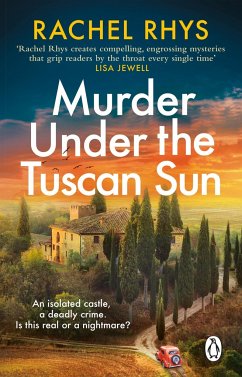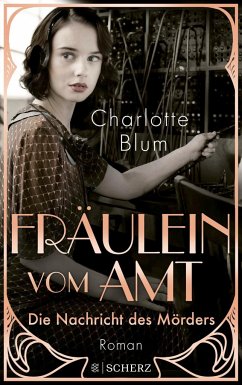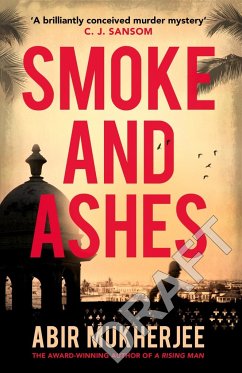
Father Brown Selected Stories

PAYBACK Punkte
4 °P sammeln!
A new selection of the much-loved Father Brown stories, now part of the Penguin English Library'No man's really any good till he knows how bad he is, or might be'With his round, unassuming face, his pipe and umbrella, the bumbling priest Father Brown makes for an improbable detective. Yet his innocent air hides a piercing understanding of the criminal mind, and a boundless knowledge of human nature. This selection brings together some of the best of G. K. Chesterton's beloved stories, in which we see the clerical sleuth foiling a jewel thief in London, solving a macabre mystery in a Scottish c...
A new selection of the much-loved Father Brown stories, now part of the Penguin English Library
'No man's really any good till he knows how bad he is, or might be'
With his round, unassuming face, his pipe and umbrella, the bumbling priest Father Brown makes for an improbable detective. Yet his innocent air hides a piercing understanding of the criminal mind, and a boundless knowledge of human nature. This selection brings together some of the best of G. K. Chesterton's beloved stories, in which we see the clerical sleuth foiling a jewel thief in London, solving a macabre mystery in a Scottish castle and unravelling dark deeds in a sleepy English suburb.
With a beautiful new cover design by award-winning designer Coralie Bickford-Smith and presented in the delightful Penguin English Library series, this new selection brings together the very best of the Father Brown stories, inviting new readers to discover one of the most unforgettable characters in literature.
'No man's really any good till he knows how bad he is, or might be'
With his round, unassuming face, his pipe and umbrella, the bumbling priest Father Brown makes for an improbable detective. Yet his innocent air hides a piercing understanding of the criminal mind, and a boundless knowledge of human nature. This selection brings together some of the best of G. K. Chesterton's beloved stories, in which we see the clerical sleuth foiling a jewel thief in London, solving a macabre mystery in a Scottish castle and unravelling dark deeds in a sleepy English suburb.
With a beautiful new cover design by award-winning designer Coralie Bickford-Smith and presented in the delightful Penguin English Library series, this new selection brings together the very best of the Father Brown stories, inviting new readers to discover one of the most unforgettable characters in literature.













